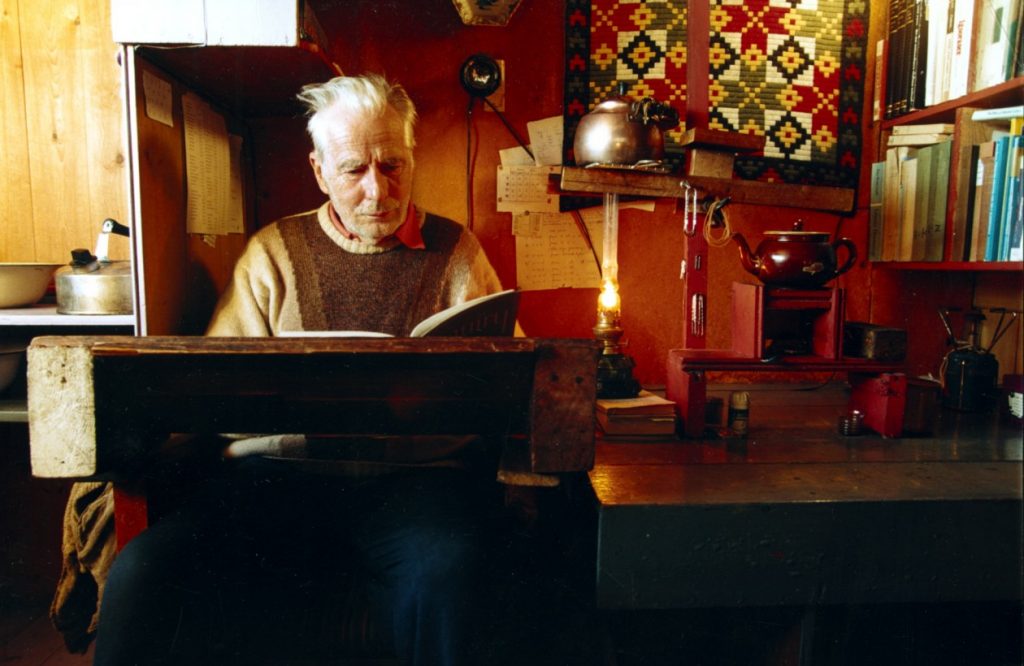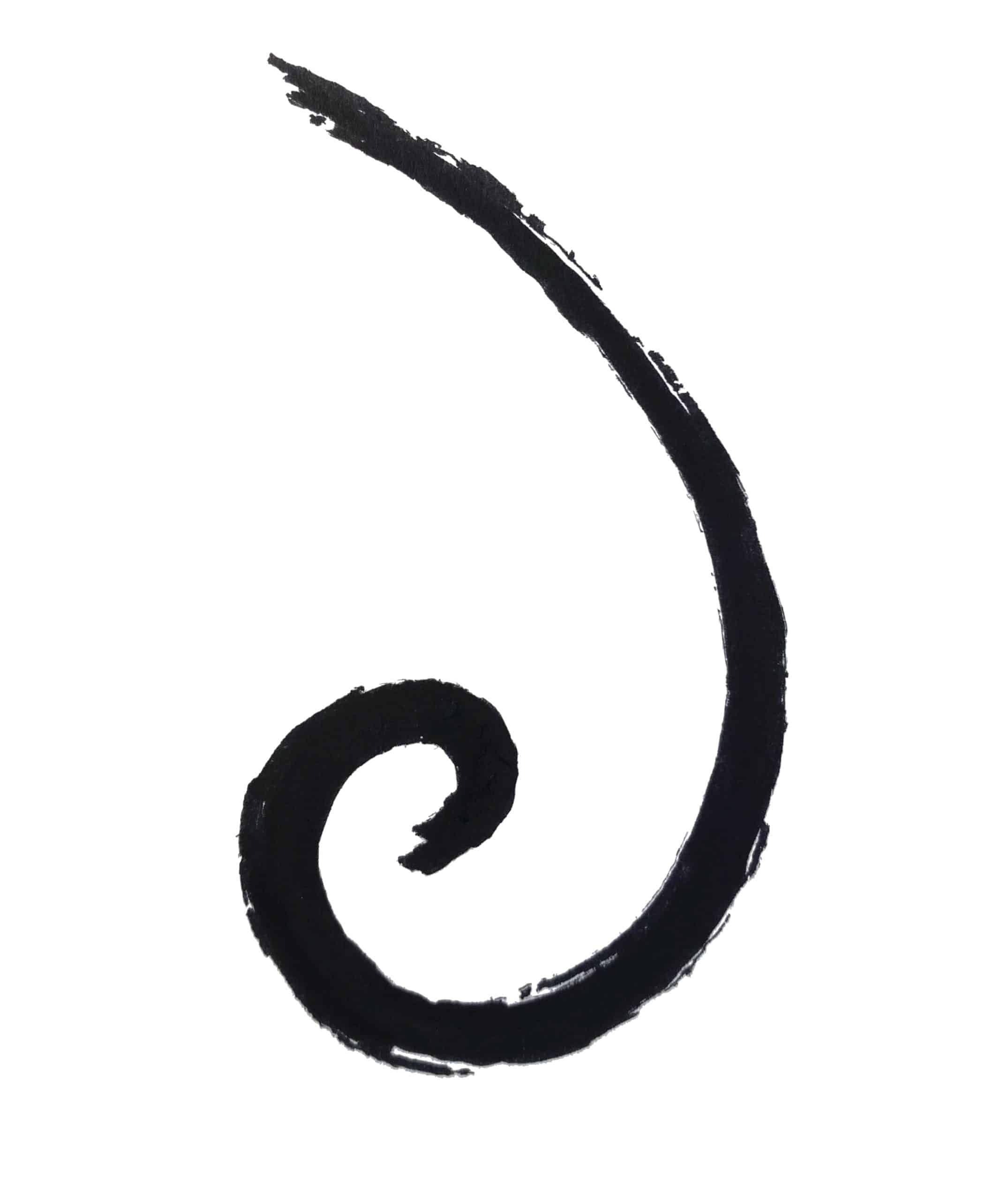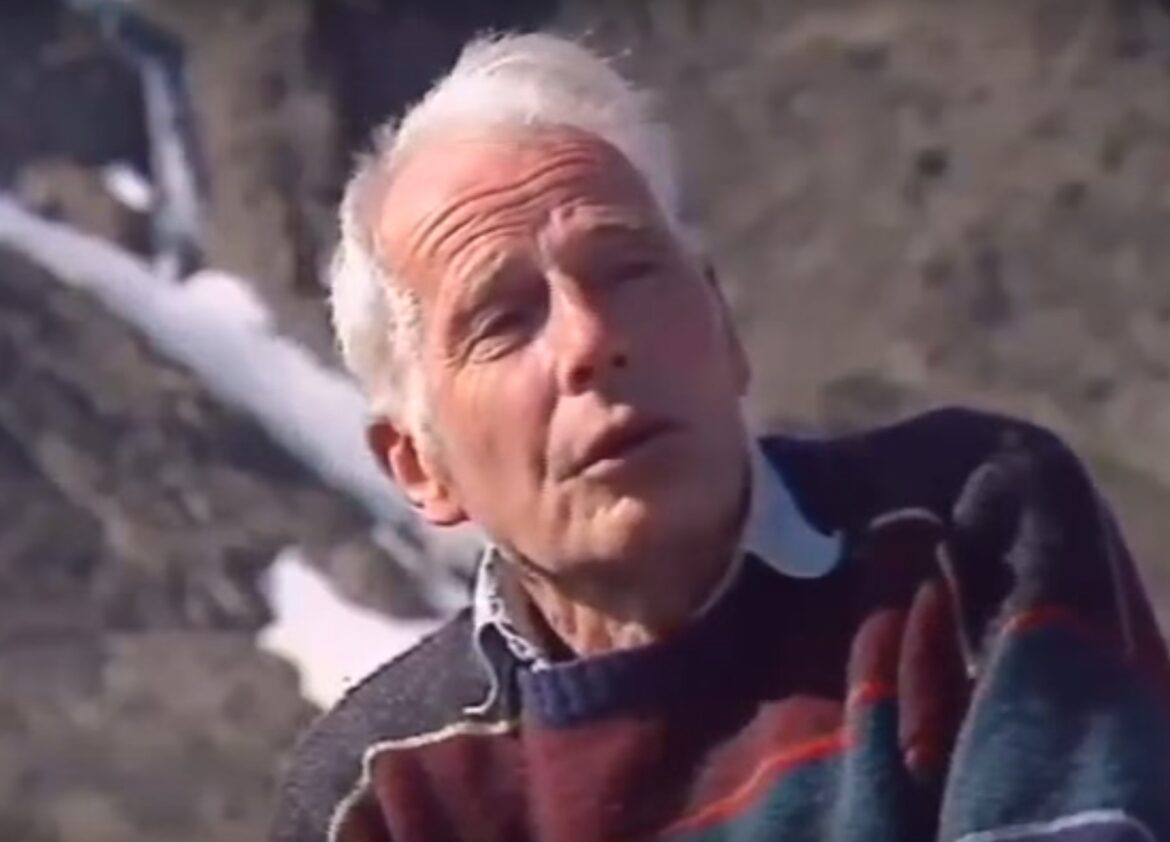
Widely regarded as the foremost Norwegian philosopher and one of the most influential intellectuals of the twentieth century, Arne Naess was an inspirational figure within the environmental movement of the late twentieth century. He is perhaps most known as the person who coined the term “deep ecology,” an approach to environmental problems that looks for its roots deep in the structure of our western society and the worldviews that guide it. He later preferred the term “ecosophy”, which we use here to distinguish between the philosophy underlying Deep Ecology, and the group practices themselves.
To view Arne Naess’ profile on this site, visit the post below
-
Profile: Arne Naess
Widely regarded as the foremost Norwegian philosopher and one of the most influential intellectuals of the twentieth century, Arne Naess was an inspirational figure within the environmental movement of the late twentieth century. Selected quotes from Arne Naess Arne Dekke Eide Næss (Urban East Norwegian: [ˈɑ̂ːɳə ˈdɛ̂kːə ˈæ̂ɪdə ˈnɛsː]; 27 January 1912 – 12 January 2009)…
A Biography of Arne Naess
(https://openairphilosophy.org/wp-content/uploads/2019/06/OAP_Naess_Biography.pdf)
Posts relating to Arne Naess:
-
Video: The Deep Ecology Movement with Alan Drengson
Audio of an interview with Alan Drengson from Greenradio on youtube, R. Alan Drengson explains the origins and principles of the deep ecology movement, while speaking of its founder, Norwegian philosopher Arne Næss. In particular, Dr. Drengson identifies the importance of contextual knowledge and of engaging conversations at the intersections of difference. Radio interview by…
-
Article: “What is Deep Ecology Philosophy” at Treehugger.com
Back in 2021, this helpful article about deep ecology was published on treehugger.com. It in includes an overview of the history of the movement, as well as a concise summary of criticisms that Deep Ecology has attracted over the years. Deep ecology, a movement initiated by Norwegian philosopher Arne Næss in 1972, posits two main…
-
Philosophy in the Mountains: ABC radio show about Arne Naess and interview John Seed.
https://www.abc.net.au/radionational/programs/philosopherszone/philosophy-in-the-mountains—arne-naess/3176186 “Arne Næss, who died in January just a couple of weeks short of his ninety-seventh birthday, was a great mountaineer and part of the history of twentieth-century philosophy. He started out as a member of the great philosophical school the Vienna Circle but was better known as the founder of the movement known as…
-
Article: The Shallow and the Deep, long-Range Ecology Movement, A Summary, by Arne Naess
The emergence of ecologists from their formerrelative obscurity marks a turning point in ourscientific communities. Their message, however,is twisted and misused. A shallow, but currentlyrather powerful movement, and a deep, but less influen-tial movement compete for our attention. I shall makean effort to characterize the two Arne Naess, Inquiry 16 See below for an embedded…
-
The Ecosophy Platform
In his “eight-point platform,” formulated together with George Sessions in 1984 while the two were camping in Death Valley, California, Arne Naess offers a convenient overview of deep-ecological principles. It runs as follows: The well-being and flourishing of human and nonhuman Life on Earth have value in themselves (synonyms: intrinsic value, inherent value). These values…
-
Article: Self-Realization Beyond the Human: Arne Næss and Norwegian Deep Ecology
As if this simplicity and inaccessibility were not enough, Næss built, with his own hands, a three-by-three-meter refuge some 200 meters higher up on the crags of the Hallingskarvet massif, which he dubbed “Skarveredet” (roughly meaning “a nest” in a mountain “notch”). By his own admission, this bivouac-like sanctuary gave him “‘the feeling[s] of being…

